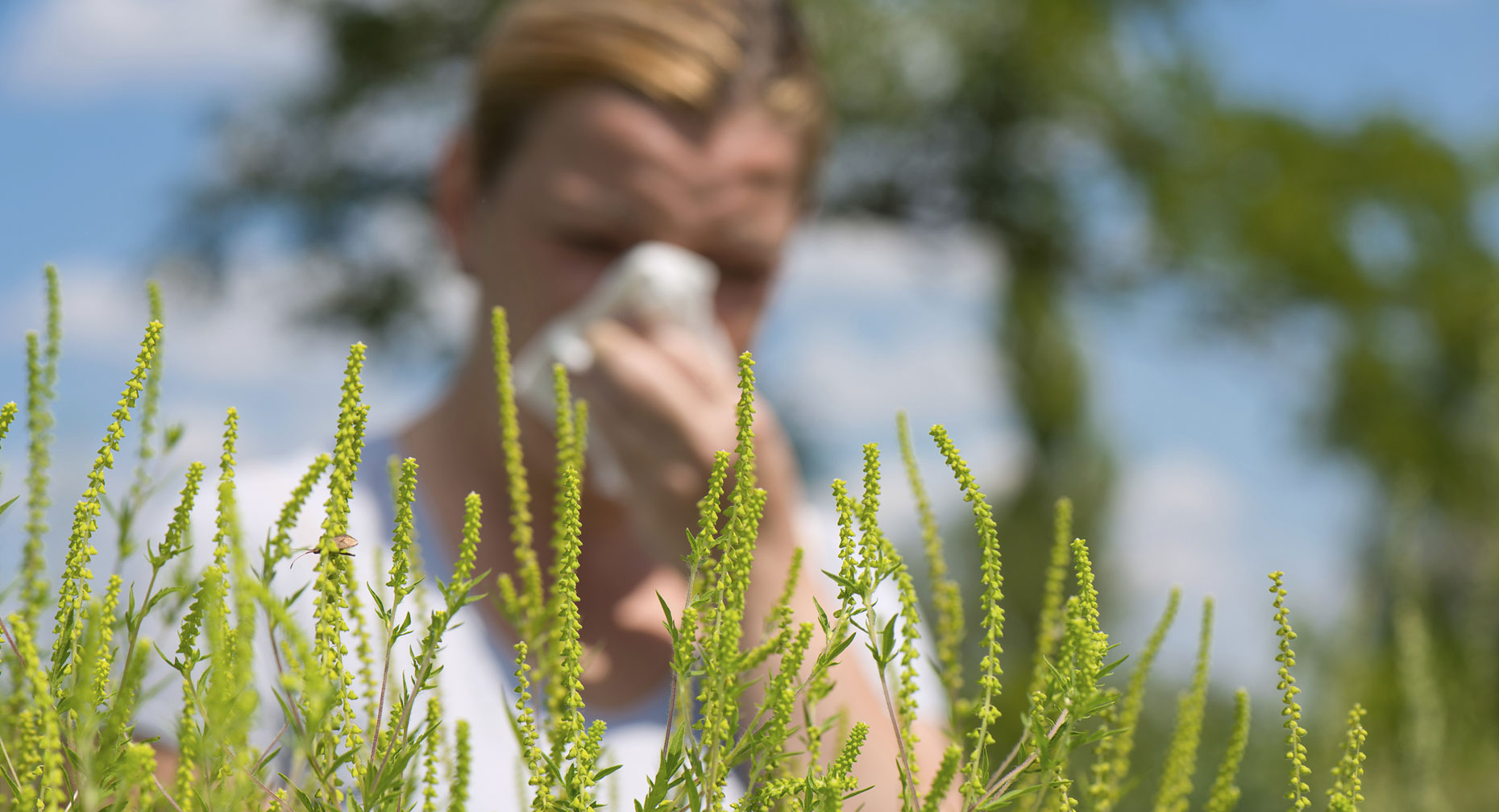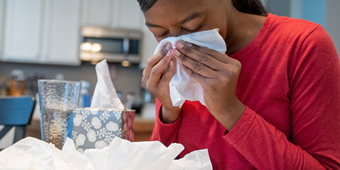How to Know if You Have Seasonal Allergies

Answer a few questions and we'll provide you with a list of primary care providers that best fit your needs.
If you suffer from seasonal allergies, you’re not alone. Millions of Americans share your misery, with sneezing, congestion and a runny nose. Symptoms can also include rashes or hives, itchy, watery eyes and a scratchy throat or ears. Seasonal allergies are especially common in southwest Ohio. Your troubles may be limited to spring or fall, but some people struggle with these annoying symptoms all year long.
What Causes Seasonal Allergies?
When symptoms blossom in the spring, look to trees, grass and pollen as likely culprits. And if they flair up in the fall, pay attention to ragweed, another trigger. If you’re sensitive to dust or mold, you may be bothered by symptoms year round.
Anessa Alappatt, MD, Fairborn Medical Center, discusses seasonal allergies and symptoms.
Click play to watch the video or read video transcript.
Coping Tips
Understand what sets off your symptoms, and you’re on your way to a sneeze-free season. According to Dr. Anne Reitz, Samaritan North Family Physicians, seasonal allergies can’t be cured, but over-the-counter or prescription drugs can handle most of the symptoms.
Click play to watch the video or read video transcript.
However, there’s a lot you can do ease your discomfort:

- Exercise outdoors when pollen counts are lowest — before the sun is up, or in the late afternoon/early evening. That’s because exercise makes you breathe deeply and take in more pollen. If you’re going out for a stroll, take a non-drowsy antihistamine before heading out.
- If you like gardening, take an antihistamine about 30 minutes before you start. Wear gloves and a filter mask to protect you from the pollen you’ll stir up when digging in the dirt. Avoid touching your eyes, and wash your hands, hair and clothes when you finish.
- In cold weather, bundle up to reduce your chances of having an asthma attack.
- Check daily air quality forecasts and plan outdoor activities when pollution levels are lowest.
If you’re sensitive to dust or mold, you may be bothered by symptoms year round.
Medication Can Help
To help curb your symptoms, consider these common over-the-counter medications:
- Antihistamine sneezing, runny nose and itchy, watery eyes
- Decongestant: Opens up your airways, relieves sinus pressure and reduces nasal swelling
- Saline spray, rinse and gel: Soothes and moisturizes your nose, and cleans out mucus
If these remedies don’t work, ask your doctor about a prescription for a stronger or different drug. Or you may want to see an allergist or ear, nose and throat specialist to find out if allergy shots (also known as immunotherapy).
Answer a few questions and we'll provide you with a list of primary care providers that best fit your needs.
Source: Anne Reitz, MD, Samaritan North Family Physicians; Anessa Alappatt, MD, Fairborn Medical Center








